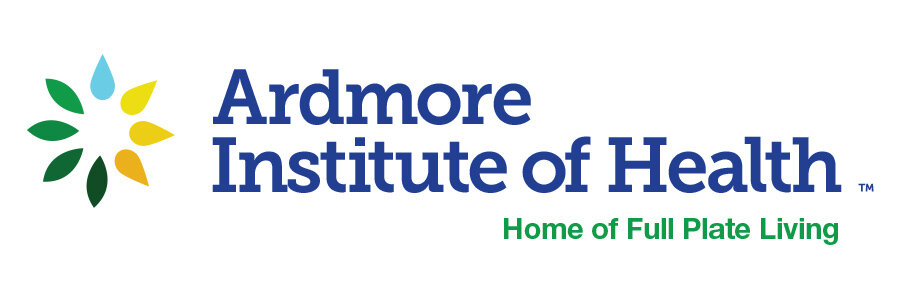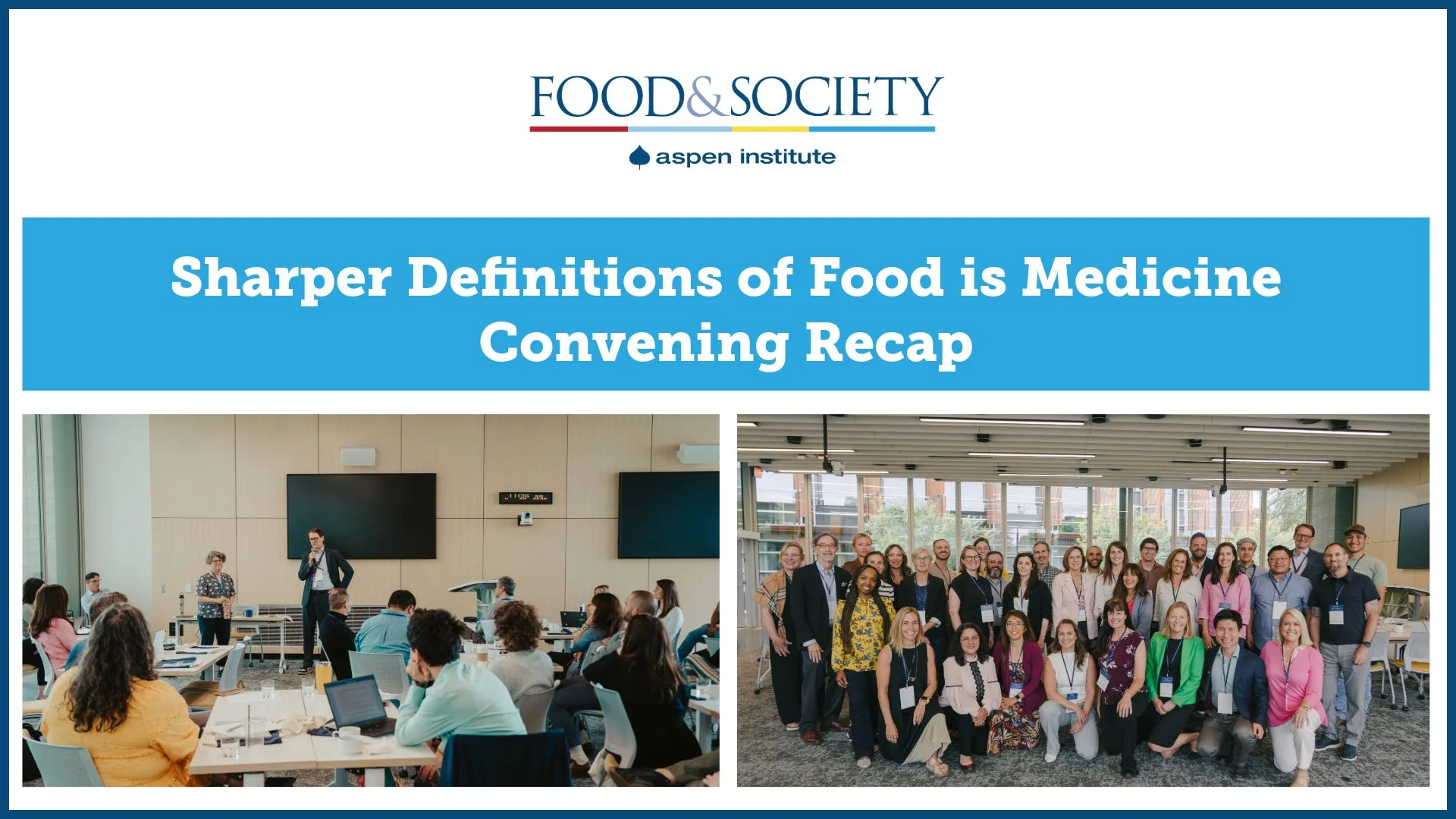Food and Society at the Aspen Institute: Sharper Definitions of Food is Medicine Convening Recap
With grant support from Ardmore Institute of Health, Food and Society at the Aspen Institute recently hosted a convening at the Andrew Weil Center for Integrative Medicine to advance sharper, more actionable definitions of Food is Medicine.
The convening, Sharper Definitions of Food is Medicine, brought together leaders from healthcare systems, community-based organizations, academic institutions, and advocacy groups, and the day featured a series of interactive sessions that highlighted both the momentum and fragmentation within Food is Medicine.
Participants engaged in a round robin discussion of how terms like medically tailored meals, produce prescriptions, Culinary Medicine, and Whole Person Health are currently being defined and applied across the country. These conversations demonstrated the need for clearer, more consistent definitions to support reimbursement, implementation, and evaluation across diverse settings.
Several sessions focused on identifying common frameworks and tools to help standardize Food is Medicine interventions while still allowing for local adaptation. Dr. Meagan Grega of the Kellyn Foundation led a session on the intersections between Culinary Medicine, Lifestyle Medicine, and Whole Person Care, emphasizing the importance of embedding food-based approaches into preventive and integrative health strategies. Pam Schwartz of Kaiser Permanente guided a discussion on the future of medically tailored meals and produce prescriptions, offering insights from a large healthcare system working to scale evidence-based interventions.
The day-long workshop included open discussion among all participants, bringing fresh perspectives to why and how Food is Medicine considers everything from coding interventions to support for local food producers. Participants shared emerging models, such as grocery card systems, and emphasized the importance of building systems that work across both clinical and community settings.
The convening concluded with a collective commitment to collaboration and sustainability, recognizing that growing momentum for Food is Medicine must now be matched with infrastructure, data systems, and funding
models that can support long-term integration into healthcare.
Click below to watch the recap video:
Food & Society partnered with the Andrew Weil Center for Integrative Medicine at the University of Arizona to host this convening on May 29, 2025.




